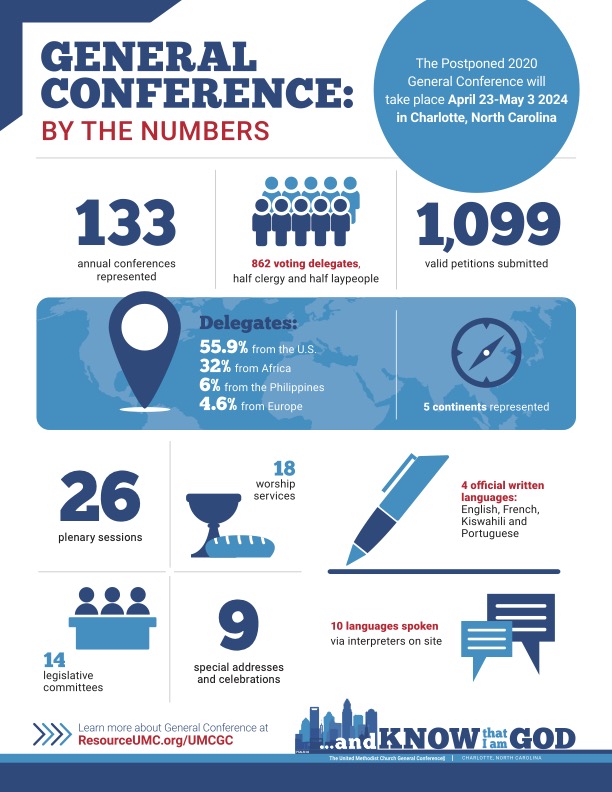One of the things John Wesley is known for is teaching that there is no holiness but social holiness. Here’s how he put it: “The gospel of Christ knows of no religion, but social; no holiness but social holiness. Faith working by love is the length and breadth and depth and height of Christian perfection.” *
By “Christian perfection,” Wesley didn’t mean without mistakes. He meant perfected in love, filled with and maturing in the love of God for our neighbors and ourselves, “having the mind of Christ,” as the Apostle Paul put it, and the Spirit of God producing the fruit of love in our lives.
God’s love always moves for the sake of another, and Wesley’s teaching on how that love gets work in and out of our lives drew me to Wesleyan theology and the UMC in the first place, and it continues to compel me to be part of it. The love of God in our hearts must make a healing, redemptive, and reconciling difference for the church and society in which we live; otherwise, we’re just playing church.
Yesterday was a historic day for The United Methodist Church. More importantly, it was a landmark day for people in the United Methodist Church. For forty years, the official stance of the UMC has been to ban LGTBQ-identifying persons from ordination. That exclusionary policy changed yesterday in a vote garnering 93% of the vote of General Conference delegates. When a church vote carries by such a large margin, well, let’s just say that means the church is saying something like, “Well, yeah!”
Christa Meland, director of communications for the Minnesota Annual Conference, wrote: “As of May 4, 2024, the conclusion of this General Conference, the denomination’s Book of Discipline WILL NO LONGER INCLUDE a statement saying: “The United Methodist Church does not condone the practice of homosexuality and considers this practice incompatible with Christian teaching. Therefore, self-avowed practicing homosexuals are not to be certified as candidates, ordained as ministers, or appointed to serve in The United Methodist Church.” I encourage you to read her full article here.
As I’ve shared with you before, I have been heartbroken, angry, and bewildered by the UMCs 40-year stance on this, even embarrassed. I know many of you have been, too. Of course, there is more work to do to live into the beloved welcome and belonging God extends to all persons, but today, I can say I’m proud to be an ordained minister in the UMC. Our witness to people everywhere is that there is no holiness but social holiness.
Much love,
Pastor Gregg
*John Wesley, Hymns and Sacred Poems (1739), Preface, page viii.

